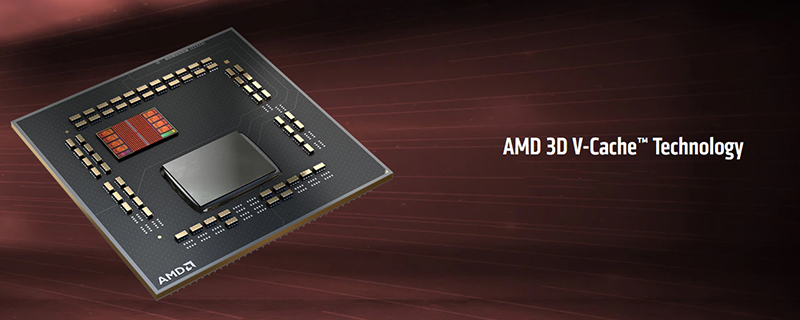AMD Ryzen 7 5800X3D vs Ryzen 7 5800X
Final Thoughts
If you’ve been around the hardware world for any length of time you’ll know that clock speed can only take you so far, but equally architectural improvements can only take you so far too. There is always going to be a crossover where the last generation being faster can keep up with the new tech that might, for heat or power reasons, not be quite as quick as the one that was before. After all, processors – either central or graphic – get refined through their lifespan so that the last edition is probably close to the first version of the newest.
The Ryzen 7 5800X3D straddles the line between both of these, being based upon a refined existing processor, the Ryzen 7 5800X, but with a new design that has meant that the clock speed has had to be tempered. As we mentioned in our full review of the X3D we expect the next iteration to really push the boat out, and currently it’s more of a proof of concept that works rather than a revolution. However, 400 MHz clock speed deficit to the vanilla Ryzen 7 5800X is hardly nothing, yet the 3D V-Cache design and huge increase in the amount of L3 Cache has, as our testing showed, just about been enough to bridge that clock speed gap. Certainly if you use your system for a variety of tasks as well as gaming then you won’t be left twiddling your thumbs whilst it renders, but you’ll still get to enjoy the benefits it brings to gaming.
Naturally there is a caveat to all this, and it is largely to do with our testing methodology. We know that you can overclock processors, and we know that the majority of people don’t, so to give the fairest comparison as a ‘drop in’ solution we tested both processors at their stock settings. As far as the Ryzen 7 5800X is concerned this is actually crippling it somewhat, as overclocking it is still available to you as an option, something removed from the Ryzen 7 5800X3D. As a processor that has the same thermal profile as the Ryzen 7 5950X you haven’t got loads of headroom, but you can easily get all cores running at 4.8 GHz, and that will have an effect upon your rendering scores. Or you could push a core or two higher for gaming. Again, this isn’t something everyone does, and the Ryzen 7 5800X isn’t the best to do it with, but it is an option for extra performance that is denied to you on the Ryzen 7 5800X3D.
Then we come to price, the 5800X is actually a solid £100 cheaper than the 3D cache version. As with most new technology their is always a price premium, its just a shame the price premium only matches the processor its based on though.
All in all the Ryzen 7 5800X3D manages to utilise it’s new 3D V-Cache design to almost wholly eliminate the clock speed differential between it and the regular Ryzen 7 5800X, and also gives you the benefits of higher FPS in your games. We can’t wait to see what the next iteration brings, particularly if AMD manage to free up the tweaking options or they manage to narrow the price gap to take the sting out of the tail on cost. It was particularly nice to have the stars align with the PCSpecialist system being available along with both processors so that we could provide the ultimate A/B comparison.
Discuss the AMD Ryzen 7 5800X3D vs AMD Ryzen 7 5800X on the OC3D Forums.



